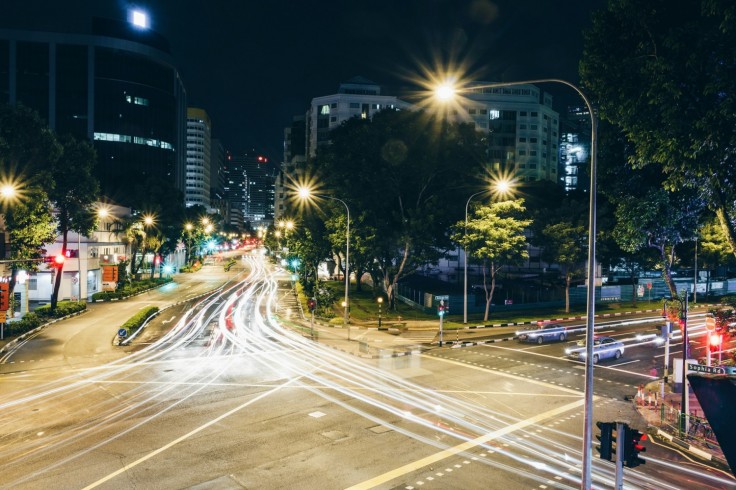
If you're keeping an eye on transportation industry trends, you've probably noticed that the way we move around is undergoing some pretty radical changes. It's not just about swapping gas pumps for charging stations; it's a comprehensive shift that's blending technology with every aspect of transportation.
One of the hottest topics right now is the push toward electric vehicles (EVs). Everyone from traditional automotive giants to cutting-edge startups is racing to lead the charge (pun intended). But the switch to electric isn't just about being green; it's about reshaping cityscapes where clean air zones and EV incentives are becoming the norm. Not to mention, battery tech is getting better and cheaper, making EVs more accessible to the average Joe and Jane.
Then there's the big buzz around autonomous vehicles (AVs). Yes, the scenario of the self-driving car. It's a game-changer for sure, bringing dramatic shifts in how transport systems operate. These vehicles could decrease accidents caused by human error and optimize traffic flows, potentially making bumper-to-bumper traffic a thing of the past. Cities like San Francisco and Phoenix are already testing grounds for these robo-vehicles, and the data collected is invaluable for tweaking the systems towards perfection.
Connectivity and the Internet of Things (IoT) are also major players in transportation industry trends. Vehicles and infrastructure are becoming smarter. Imagine traffic lights that adjust dynamically to control flow or cars that can communicate with each other to avoid accidents and find the fastest routes. It's all part of creating an interconnected system that's safer and more efficient than ever.
Mobility as a Service (MaaS) is another trend that is taking off. It's all about providing a range of transportation options through a single digital platform. From booking a ride, renting a bike, or catching a bus, MaaS combines them into one seamless service. It's particularly appealing in urban areas, where people are more inclined to opt for convenience over car ownership.
Artificial Intelligence (AI) and big data are also in their moment, significantly impacting traffic management and vehicle design. AI helps analyze vast amounts of data from vehicle sensors and city cameras to optimize everything from traffic patterns to public transit routes.
With all these advancements, it's crucial not to forget the challenges ahead. Security in a digitally connected transportation world is a massive concern. The more we depend on technology, the more vulnerable we might become to cyber-attacks. Then there's the issue of infrastructure—upgrading it to keep pace with new tech will require both time and money.
So, what does all this mean for the future? Well, the potential for a smoother, cleaner, and more efficient transportation system is on the horizon. It promises not just to change how we travel but also to influence broader aspects like urban planning and energy consumption.
These trends are just the beginning. As technology continues to evolve, so will our transport systems, paving the way for a world where mobility is not only about reaching your destination but also about the journey itself being as smart as the technology driving it.









